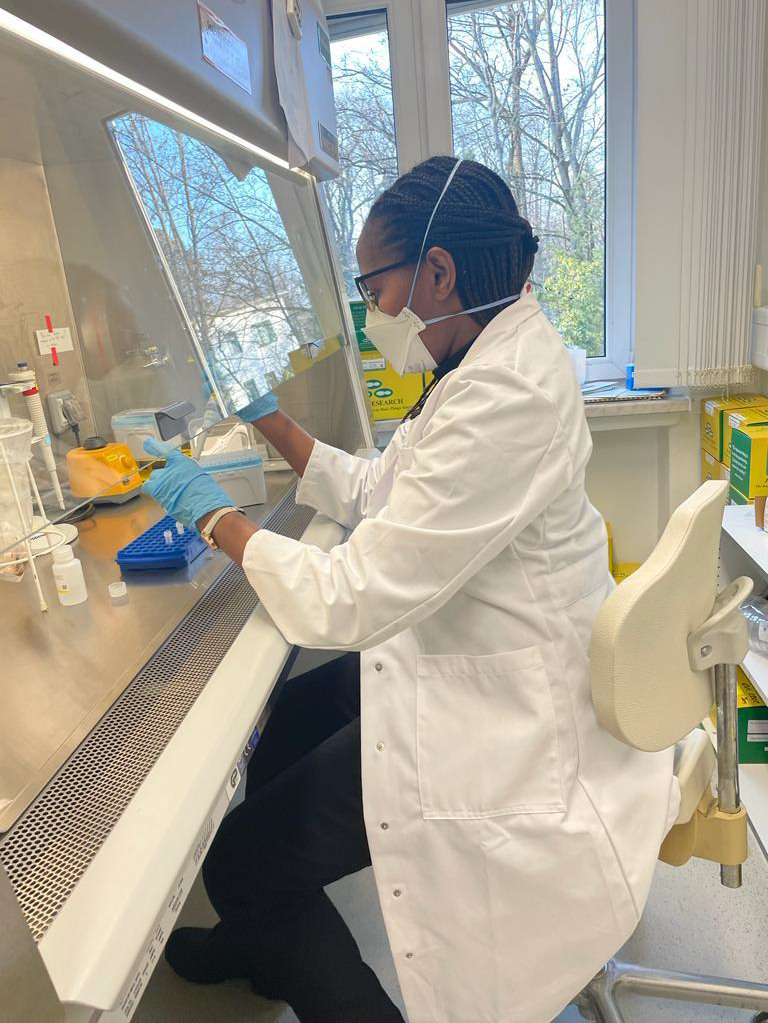

From 16th January to 10th February, I was hosted by Dr. Sofia Kirke Forslund at the Forslund lab within the Experimental and Clinical Research Center (ECRC), MDC Berlin. My visit to the Max Delbrück Center for Molecular Medicine, Berlin exposed me to new ways of thinking as a researcher and enabled me to envision my career track a lot better. I was able to appreciate the necessity for data analysis skills in research. Most importantly, the working relationships I cultivated within the group make me look forward to future pursuits in Science and Clinical Medicine.
I am sincerely grateful for this timely opportunity.
Once weekly, the PhD students made presentations to share their progress and challenges. I was introduced to the data tools and pipelines being developed by members in the lab to decrease the impact of confounding variables on research and how well they have performed once applied to datasets within the group.
During another of these presentations, my mind was opened up to the application of metabolomics to better-understand immunological conditions such as multiple sclerosis and make suggestions for nutritional approaches.
Due to these sessions, I now have the experience of preparing for and participating in a lively discussion aimed at achieving a collective interpretation of a thought-provoking paper with PhD students and post-Doctoral fellows at a leading research institution. Firstly, while very informative regarding causality, the longitudinal study design presents a different set of challenges like reduction in volume of respiratory sample as the participant’s health improves with intervention. This results in a need for innovative troubleshooting at analysis level or pre-emptively at the proposal-writing stage. Secondly, we discussed the challenges of data-analysis for core microbiome in a research study. How a research paper focused on this can come out as too statistical and less edifying despite the great effort that may have been put into it. From the student’s presentation of the available results, I was introduced to new and effective data visualization approaches for diversity analysis to illustrate changes in lung microbiota.
As opposed to my first international exposure at the Yale School of Medicine for a clinical rotation with three other classmates, my stay at AG Forslund in the ECRC introduced me to an independent style of self-directed learning interestingly coupled with continuous exchange of ideas within a small close-knit academic group. Initially, a PhD environment was something that my prior google search results had vaguely described; but to live in one and thrive there was both an abstract and truly pleasant achievement.